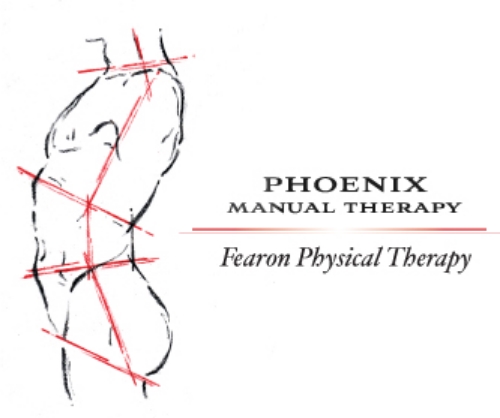Jesse Elis, PT, DPT, OCS, CSCS, FAAOMPT
Upcoming course calendar:
I’ve had the honor to work and interact with many PTs and a question commonly comes up; would you change anything if you could go back to the start of your career? After reflecting on the question, I can firmly state No. This decision is not based on how well I’ve strategized or accomplished within my career but actually the extent of my effort and failures along the way. The trophy is so much sweeter when you’ve experienced the participation ribbon. My first “participation ribbon” almost ended my career. When I graduated from PT school with my newly polished DPT title, I had my achiever mindset and an insatiable appetite for learning. I also had a set expectation of both fiscal and clinical standards, which I found out very quickly, was an invented standard in my own mind. My first 2 years of practice consisted of 25+ patients per day, cookie cutter patient care, an OCS title that brought little change to my practice standards, and a near conclusion to my PT career. My level of focus and commitment started to fade away. I began to lose interest in my patients, which was not based on a lack of empathy, but the shear work volume not allowing me to care. At the end of year 2, I became the one thing I dreaded: a mediocre PT that was clinically lazy.
This hard revelation led me to a career-deciding question: (1) Apply for med school or (2) Acknowledge my failure and apply myself to change. I chose the latter and in doing so, quit my job and sought out experts in the field. The fellowship was the next step in my process to transform. I committed myself to concede to my clinical inadequacies and seek out mentors that would uncomfortably challenge them. The expectation was to accelerate my clinical growth as the first few years consisted of an unreliable data set on my personal Gaussian curve. To simply state, my clinical experience was flawed.
As mentioned earlier, I ‘m thankful for the journey and would not change in any manner to ease the arrival of the destination. I have a heighten sense of gratitude regarding mentorship as I was one decision away from leaving the profession. This leads to a few points of advice when starting out or if you’re fading into clinical malaise:
1. Look for mentors that walk and talk….not just talk.
• Rhetorical dialogue can get exhaustive and many times can be a sign of insecurity or deficiency. Look for action….think Spartans not Athenians.
2. Check your ego at the door if you truly want to change
• Be comfortable in being wrong and challenged
3. Understand the principles, Period.
• There are many schools of thought that are overly complicated and create specific algorithms of clinical reasoning. Understanding the principles will establish a clinical foundation to which innovation can spring from.
4. Create an information filtration system.
• We are in the Information Age, which makes information a surplus. Seek out credible sources and weed out the excess.
5. Establish a network that will fuel your passion, not lessen it
• It’s very easy to develop a network of colleagues that have a similar belief system or mindset. Be wary of finding comfort in the flock as complacency can easily enter the group if ideas aren’t challenged. Look for a diverse group of colleagues from different professions and viewpoints to keep you energized and evolving.
6. Never forget to take time to appreciate your success
• Especially with an achiever mindset, the moments of success are not fully appreciated as it can be looked as an expectation. Take the time to enjoy the journey and effort it took to reach that particular milestone. On the inverse, mistakes or failures need to be approached with the quarterback mindset. Short-term amnesia is essential for a quarterback’s career longevity. Acknowledging and accepting the error (an interception) is vital but the response of the next offensive possession shows the true character.
This leads me to my analogy and title of this blog. You cannot pick up a stick from one end and not have the other follow. It is not what others do or even our own mistakes that harm us the most; it is our response to those items. Success and failure usually come hand in hand.
Follow PMT on Twitter: @Phxmanual
Like us on Facebook: https://www.facebook.com/phoenixmanualtherapy/
Check out our Website for Upcoming Classes taught by clinician’s for clinicians:www.phoenixmanualtherapy.com

